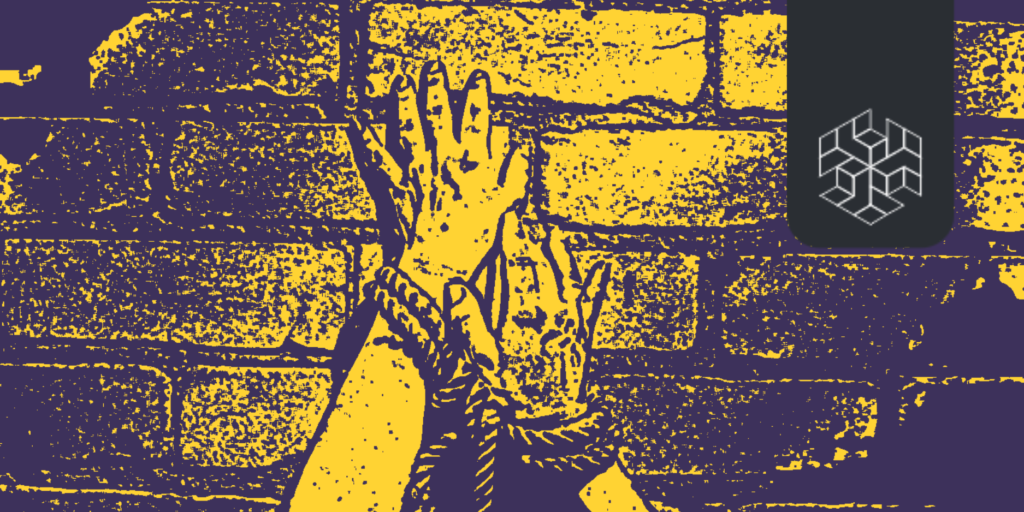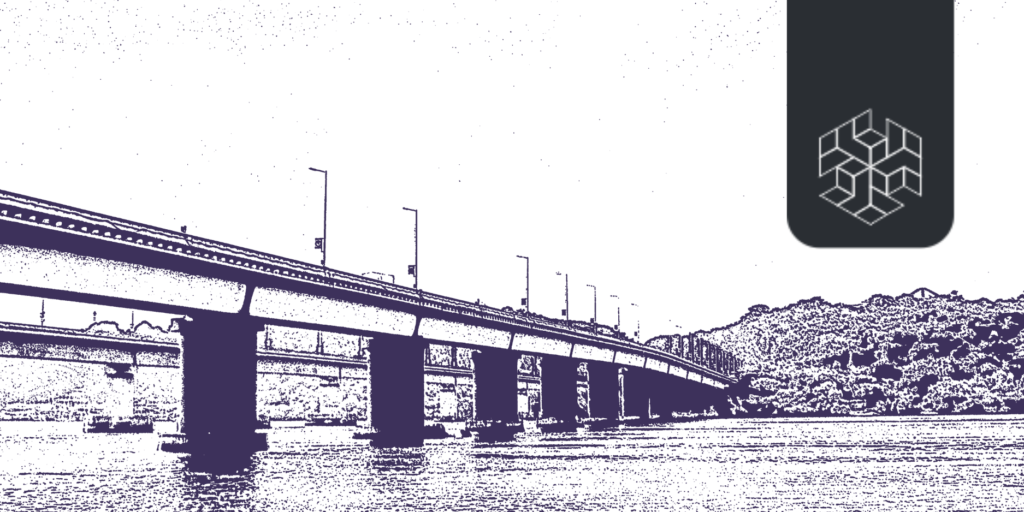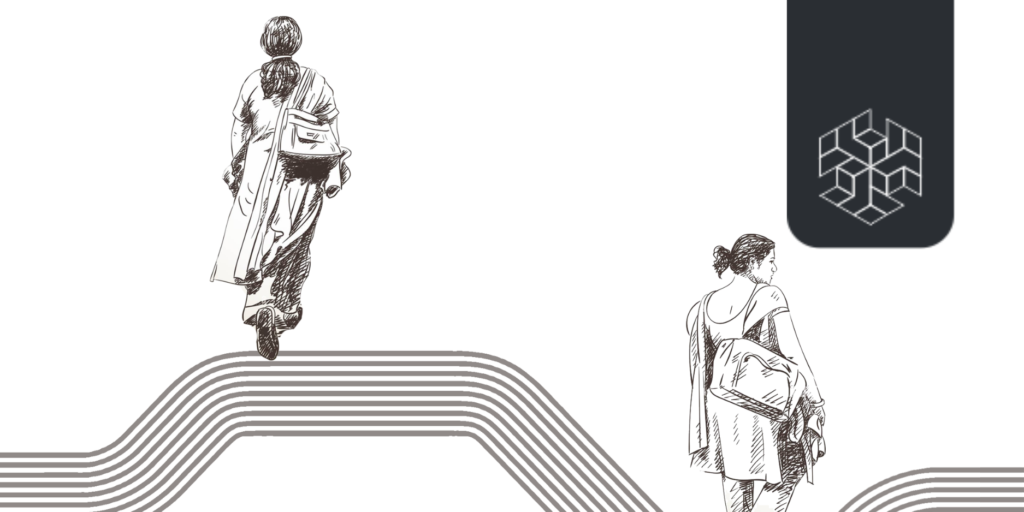Author: Naresh Singaravelu
Editor(s): Soumya Singhal and Ritwiz Sarma
Abstract
Admission into professional courses via highly competitive entrance examinations is becoming the norm in universities. The Union government’s decision to make the National Eligibility-cum-Entrance Test [NEET] the sole criterion for admission to medical and dental colleges is a significant step in this direction. However, studies worldwide have criticised high-stakes examinations for propagating socio-economic inequalities and affecting students’ learning outcomes. In this light, the paper examines whether introducing a compulsory examination for admission in medical colleges achieves its stated goals of reducing corruption and promoting merit. Using medical admission data from Tamil Nadu in the report by the Justice A.K. Rajan Committee report, the paper also examines if the introduction of NEET affected the demographic of MBBS graduates and the state’s public health system.
Keywords: High-stakes examinations, entrance examinations, NEET, merit, inequality in higher education, public health, credentialism, corporatisation of healthcare.
NEET: The Story So Far
Over 16 lakh students across India wrote the National Eligibility-cum-Entrance Test [NEET] in September 2021 (Special Correspondent, 2021). The examination helps secure admission to one of the 600 medical colleges (National Medical Council, n.d.) and 300 institutes offering dental courses (Dental Council of India, n.d.).
In 2013, the Supreme Court ruled the exam unconstitutional (Christian Medical College v. Union of India, 2013). It held that the exam deprived States and medical colleges of the right to admit students to MBBS and BDS courses as per their provisions. The Court said that the exam would create only a “mirage of equality of opportunity” (ibid.). It would deter a vast section of students from underprivileged sections from pursuing higher education (ibid.). Three years later, the Supreme Court recalled the aforementioned order and paved the way for NEET in 2016 (Sankalp Charitable Trust v. Union Of India, 2016).
In a country as diverse as India, there is a need to acknowledge that imposing a common admission
standard is bound to ignore local realities and methods of learning. In the absence of a common nationwide curriculum at the school level, an exam broadly favouring one among the various standards of school education – CBSE, in this case – serves to disadvantage students from other curricula.



